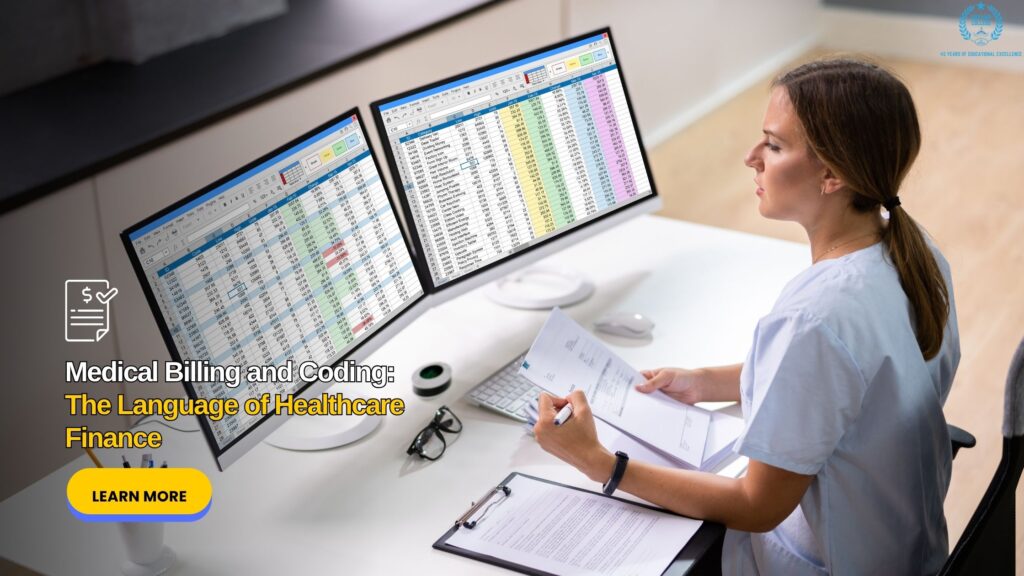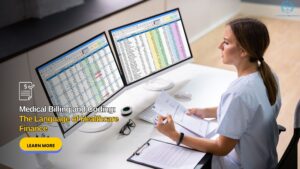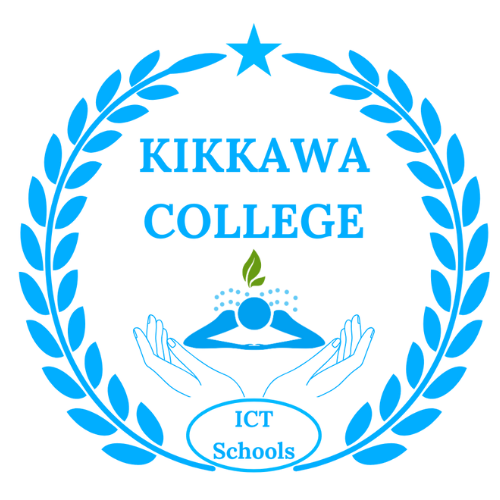The financial health of a medical practice depends on the accurate and efficient processing of claims. This critical task falls to the Medical Office Administrator, specifically through the specialized skills of medical billing and coding. It’s a field where precision meets procedure.
What is Medical Coding?
Medical coding is the translation of healthcare diagnoses, procedures, medical services, and equipment into universal alphanumeric codes. These codes come from standardized systems like ICD-10 (for diagnoses) and CPT (for procedures).
- Why it Matters: Accurate coding is essential. It ensures healthcare providers are properly reimbursed by insurance companies. Incorrect codes can lead to claim denials, delayed payments, or even legal issues.
What is Medical Billing?
Billing is the process of using these coded data to create insurance claims and bills for patients. The medical biller submits the claim, follows up on it, and handles any payments or denials that come back.
- The Billing Cycle: This involves patient registration, confirming insurance eligibility, submitting claims, processing payments, and pursuing unpaid claims through appeals.
Why This Skill is In Demand
Mastering billing and coding is a gateway to a stable and specialized career. Furthermore, these principles are consistent across various healthcare settings, from small specialist offices to large hospitals. This versatility makes skilled billers and coders highly employable.
Learning the Ropes
A comprehensive Medical Office Administration Diploma provides thorough training in these systems. You will learn how to navigate coding manuals, use billing software, and understand compliance regulations like HIPAA. This expertise makes you an invaluable asset, ensuring the practice you work for can focus on what it does best: providing patient care.






